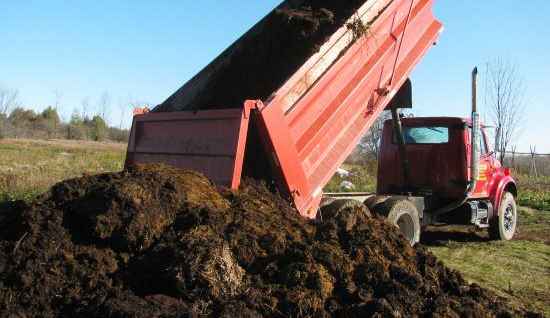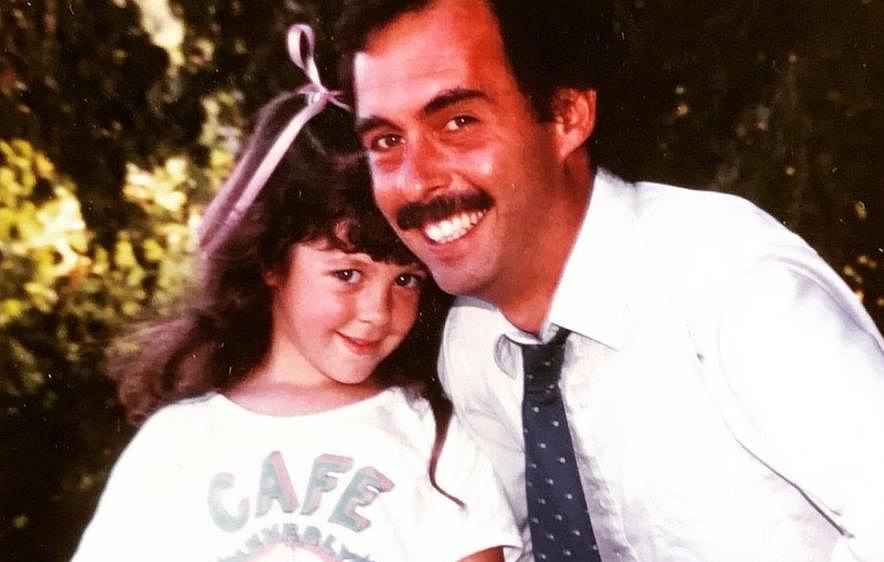






See listing of Recent and Most Popular articles on the Home Page
Our World
Category: Aging, General / Topics: Character, Integrity • Family • Nature • Parenting, Parents • Science & Technology • Teaching • Training • Values
Nature Versus Nurture
Posted: July 15, 2021
What we know now…
While preparing Parents of Adult Children: You Are Not Alone, I sat down with biological psychiatrist, Paul Markovitz, MD, PhD, to discuss the age-old debate of nature vs. nurture in child rearing. The conversation had barely gotten started when Dr. Markovitz declared unequivocally that what we do as parents has little impact on how our kids turn out!
I found his message both liberating and depressing—and terribly disorienting. It seemed so counterintuitive, flying in the face of everything we were told about cause and effect in parenting. Yet, according to Dr. Markovitz, scientific studies prove it is 89-96 percent in the genes. And when you consider how different your children are from one another, it begins to make sense.
Here are the main takeaways from my conversation with Paul Markovitz:
It’s all in the genes: According to Dr. Markovitz: “In the past those who insisted nurture was what counted in child rearing based their conclusions more on loose observations and associations than on rigorous research. In recent years we have had many excellent studies, particularly those done of twins, that show similarities of personality, behaviors, mental health or illness, intelligence, sense of humor, even tastes in food and movies, that are astounding, especially when the twins were reared in different households. These are not learned but inborn characteristics.”
Children are not your report card: Dr. Markovitz says, “I believe that most parents do the best they can. But should they mess up, even to the extreme of molestation and deprivation, children who are ‘tuned normal’ will still come out okay. If a kid turns violent, it’s more likely that he had the genetic predisposition for violence than that he mimicked his parents’ anti-social behavior. Childhood trauma has often been trotted out as the reason certain children went off the rails. In my experience and research, though, there is nothing you can do as parents that will change the outcome for aberrant behavior or mental illness. We find this hard to accept because we like rational arguments and we want to feel that how we brought up our children made a difference. I would just urge parents to accept their children as they are and not as a reflection of the job they did years ago. We all have our limitations—and they are inborn.”
It’s not you, it’s their genetic makeup: Dr. Markovitz says, “Parents are convenient whipping boys for people in therapy. I have seen patients who are well into their fifties and even sixties who are still blaming their parents but not working to better their lives. My wife says there are ‘wallowers’ and ‘doers’ in this world, and they clearly are ‘wallowers.’ When bad things happen to psychologically healthy people, we mourn or get mad, but we move on with our lives. The ‘wallowers’ are wired to blame.
“Conversely, there are those who inherited the genes for good problem solving and high intelligence, looking—the proud parents would say—a lot like them. When things go wrong with their offspring, parents can still blame themselves if they like, but it should be for passing along undesirable genes—which might very well go back to great-grandparents and skip a generation or two—but not for their child-rearing practices. When it comes to mental illnesses, it is now understood that these are inherited, physical conditions.
“But to return to the original question of nature versus nurture in child rearing, in the end it doesn’t matter. We have to accept the fact that our grown offspring and we were dealt certain cards genetically. Our only option is to play them as best we can.”
See the SeniorLifestyle Store for a list of books by Barbara and other SeniorLifetyle contributors.
Search all articles by Barbara Greenleaf
Barbara is the author of eight books, including two of particular interest to seniors. She has given us permission to use material from her newsletter, "From the Desk of Barbara Greenleaf," to which you can subscribe on her website. • Author bio (website*) • E-mail the author (moc.faelneergarabrab@arabrab*) • Author's website (personal or primary**)* For web-based email, you may need to copy and paste the address yourself.
** opens in a new tab or window. Close it to return here.
Posted: July 15, 2021 Accessed 565 times
![]() Go to the list of most recent Our World Articles
Go to the list of most recent Our World Articles
![]() Search Our World (You can expand the search to the entire site)
Search Our World (You can expand the search to the entire site)
![]() Go to the list of Most Recent and Most Popular Articles across the site (Home Page)
Go to the list of Most Recent and Most Popular Articles across the site (Home Page)
 Loading requested view...
Loading requested view...